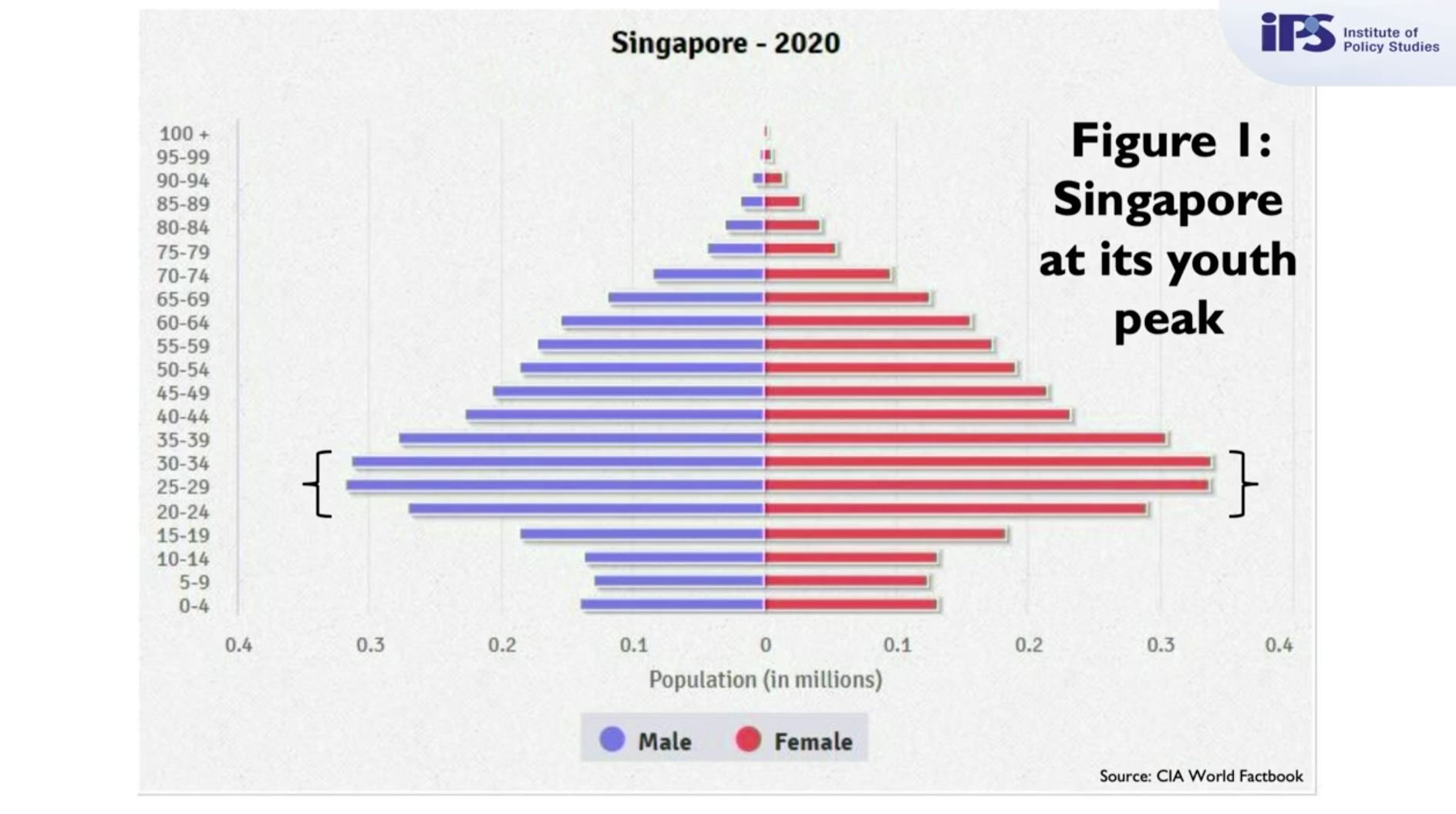Ambassador-at-Large Chan Heng Chee gave her take on the General Election 2020 (GE2020) in a virtual lecture titled "Singapore in a Time of Flux: Optimism from the Jaws of Gloom" on July 15.
The 78-year-old gave her views on what could have influenced the votes during this election and, more importantly, how this election which she called it a "historic watershed" signals a change in political culture in Singapore.
Chan pointed out that Singapore is at its "youth peak" with a significant number of youth votes in their 20s and 30s in this time round.
 via IPS Facebook video.
via IPS Facebook video.
While these voters' personal concerns will change as they age, Chan pointed out that the desire for democracy and more voices in Parliament is unlikely to change much, as she compared this to overseas trends.
Developing political culture in Singapore
During the campaign and in the post-GE analysis, the word that comes up in most conversations is "fair", Chan said.
She observed that there is a strong desire to see the incumbents play politics more fairly when dealing with the opposition parties and that there is a new political culture forming in Singapore where Singaporeans hope to see "a kinder, gentler politics".
GE2020 sees a rise in the number of opposition parties and a swing in vote shares towards the opposition parties.
While people may support different parties, Chan said that this does not mean Singapore is becoming divisive.
"There is a developing political culture in Singapore...that wants a kinder, gentler politics, they want to treat everybody nicely and there are rules of politics. I do not think Singaporeans want to imitate the very divisive and mean politics of the democracy of the West even when they want democracy. So that's a good start."
Chan was answering to questions from Facebook attendees of the lecturer that moderator, Bilahari Kausikan, retired diplomat and Chairman of Middle East Institute, National University of Singapore, gathered.
Some attendees were concerned if the electorate in Singapore understands the democracy that has been practised in the West, and if it will be bad for a city state like Singapore.
Taking good governance for granted?
With some Singaporeans turning to opposition this election, Chan agreed that some Singaporeans could have taken PAP's "good governance" for granted.
Singapore does have a good governance as compared to other countries and one way is to hear from what people from overseas say about Singapore, Chan said.
The fact that Singaporeans are certain that PAP will be in the government could also have led to them giving opposition members a chance as they are "ensured of safety".
However, it could also be a result of PAP being complacent over the years.
Chan said:
"I think Singaporeans knew they would have PAP in the government so you are ensured of safety of the incumbents but they do yearn to have an opposition voice in government and I think the results show that.
Young Singaporeans show that they value this. If PAP is ever in a position when they come close to losing their dominance in Parliament, people will think very carefully when they vote. If the opposition party comes up to their expectation, people will say let's see. If the opposition party's performance is not good, people will appreciate the governance by PAP again. But PAP could also get complacent and not attend to what they have attended to in the past and done what they did and they then will also be in some tight spot."
Having more opposition voices does not mean Singapore is divided
Concerns about how liberal trends may lead to a greater intolerance to divergent views and how to bring Singaporeans together post-GE were also raised at the virtual lecture.
In response to this concern, Chan said that more Singaporeans supporting the opposition and having more opposition members in Parliament is not divisive to the society.
"Just because 10 opposition members were voted in, and the opposition party had a better vote, doesn't mean Singapore is divided. Please don't portray us that way. I think the opposition should not and the government should not portray."
Chan also added that the public exchanges during GE2020 have been "a healthy expression of views".
"We are just maturing and it's been a healthy expression of views...I do not think we are at the point of being disunited or being too divisive so that's one point.
[...]
You can't truly unify because those who voted for the opposition and are committed, Workers' Party or PSP members or SDP members will feel that way and PAP members will feel very strongly PAP. That's the way politics is, as in every other country but you don't consider that divisive politics. Each one now has chosen a side to back."
With that, Chan also noted that it is important for Singapore to make room for diverse room in the future.
"We should seriously discourage groupthink, in a successful bureaucracy this is even more necessary to allow out of the box thinking within. If our political model needs fixing, it is how to accommodate differences and diverse views in our institution and our country."
Top photo © Lim Wei Xiang for Mothership.
If you like what you read, follow us on Facebook, Instagram, Twitter and Telegram to get the latest updates.
